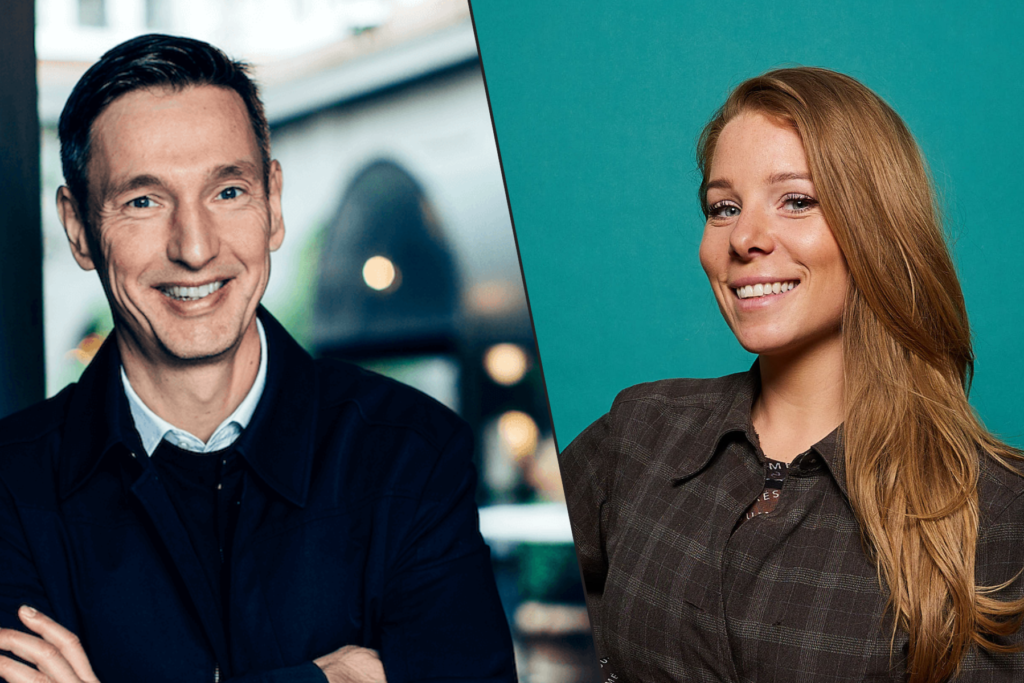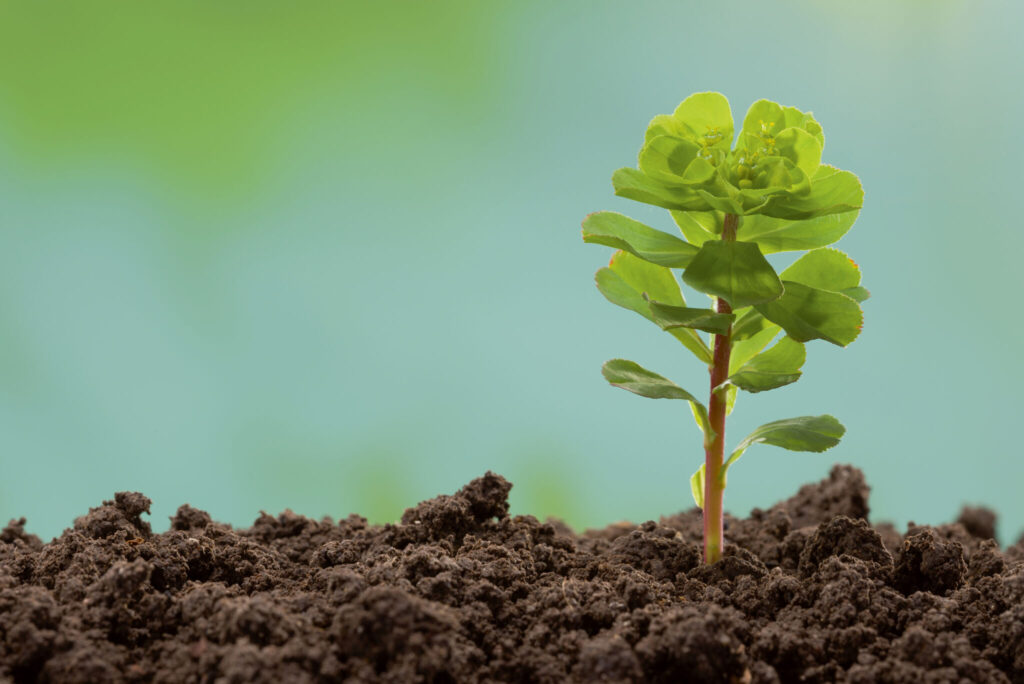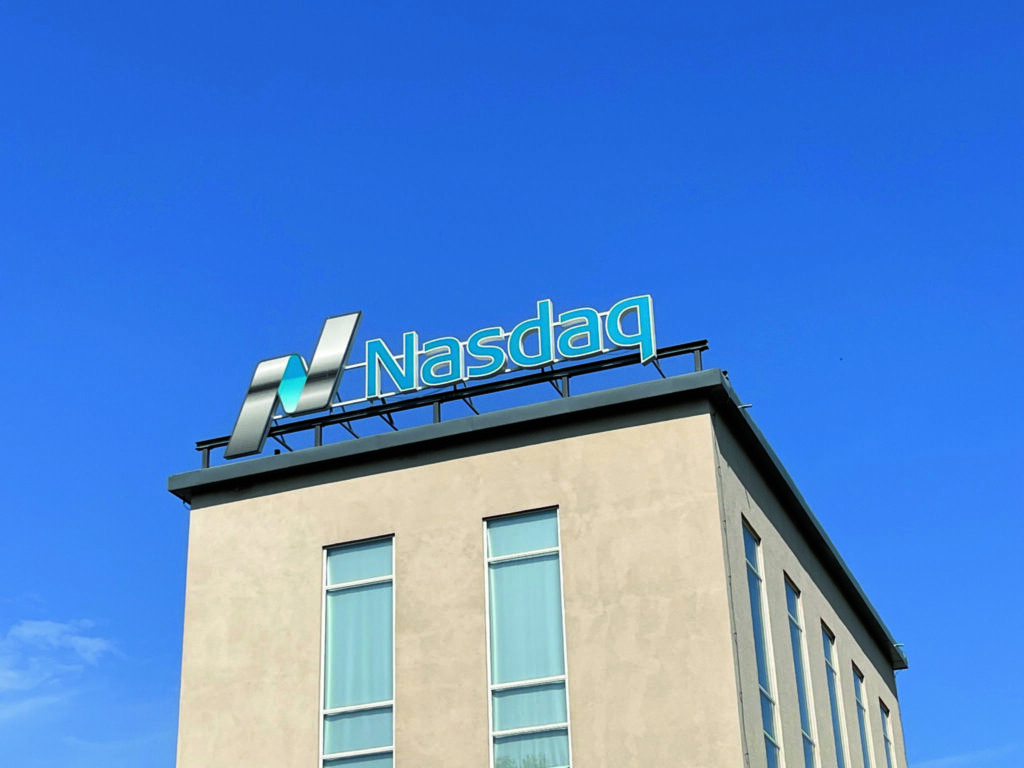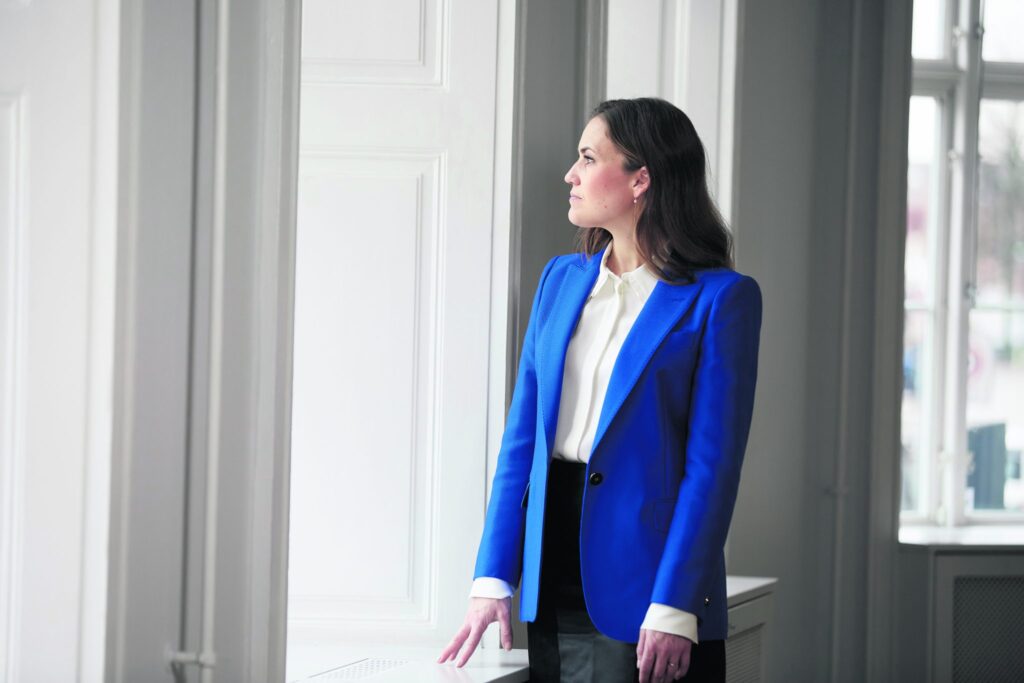Sustainability
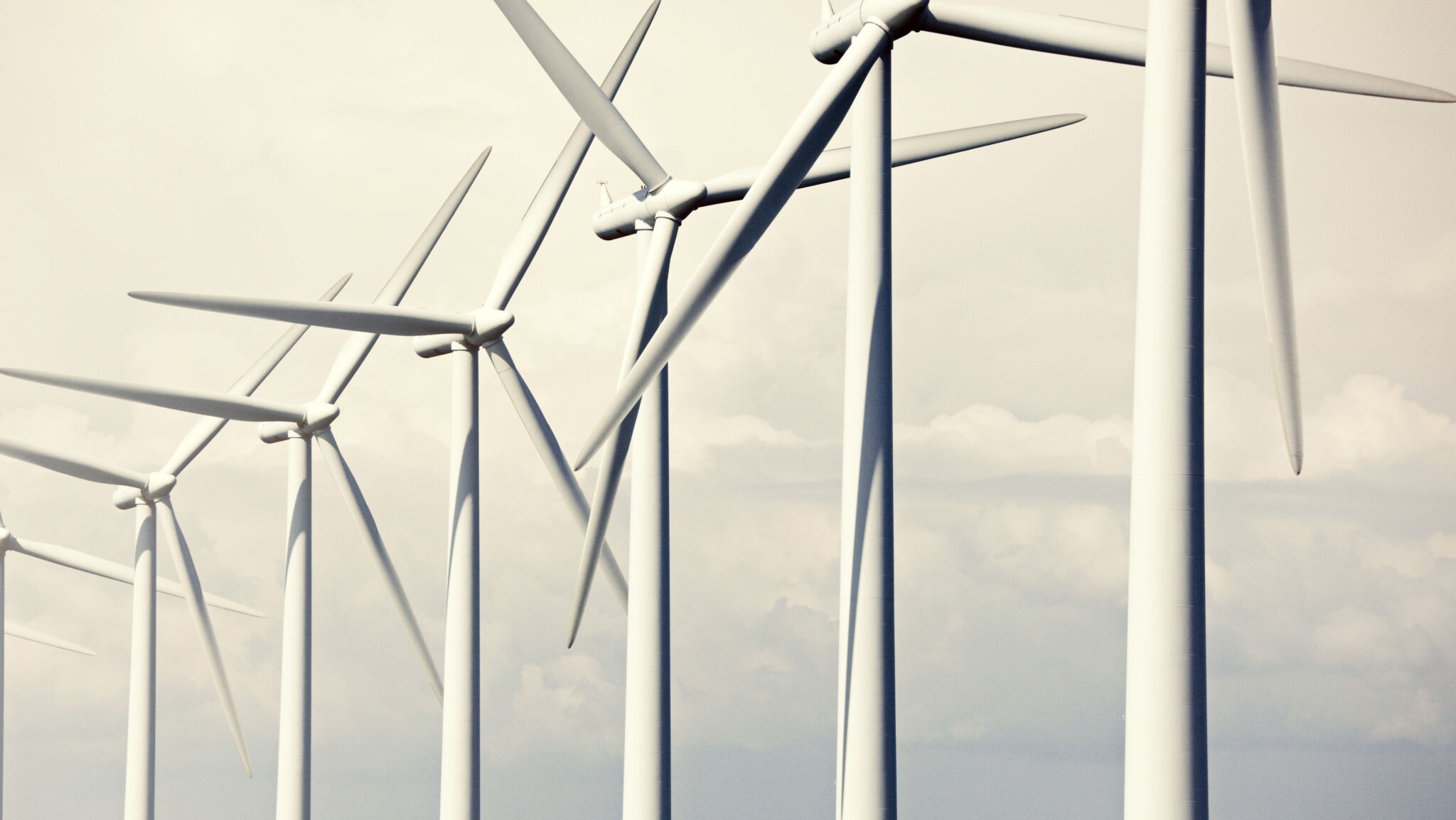
Many small steps towards a greener world
Flemming Østergaard
The Danish Green Investment Fund was established in 2014 by the Danish state with the aim of providing risk-willing loan financing of green projects to accelerate the green transition in society. Michael Zöllner has been the fund’s director since 2015.
“We provide loans to projects and companies that contribute in their own distinct ways to the green transition. We build a financial bridge to the private capital market when the project risk is too high.”
87 projects have been funded in the eight years since the fund’s inception, targeting five different industrial verticals in particular: energy, food, transport, buildings and the circular economy.
“When we evaluate the projects behind loan applications, we try to look at where we get the ‘most green’ transition for our money,” says Michael Zöllner.
This could for example be: renewable energy, Power-to-X, charging stations for electric cars, batteries – essentially all things that relate to energy. The food sector, where, where projects may involve plant-based protein to replace animal protein, or lab-grown meat. Buildings, finding new materials, energy savings and energy renovations. Transport, which includes many more options than just electric vehicles. And the circular economy – the concept of recycling materials, be it biomass or physical materials, and making sure to bring it into the value chain several times over, explains Michael Zöllner.
Energy and food need a revolution
“The 87 projects are spread across all five areas. But there’s no doubt that energy and food make up most of the projects. If we’re to transform the way we are present in society, as human beings and as companies, then we need to start by transforming some of the energy systems we use. That’s why we’ve been involved in many projects that accelerate renewable energy. It’s the primary source of many of the other technologies required to transform our society.”
One example of such a technology is Blue World Technologies in Aalborg, which makes methanol fuel cells that may be an important component in hybrid versions of electric cars and thereby significantly extend the driving range of electric cars. Another example is biogas. Here, the fund has financed Nature Energy in Odense, which which is currently the world’s largest producer of biogas. Michael Zöllner points to the importance of finding new innovative solutions, but also acknowledges that it takes time. Therefore, there’s also a great need to upscale the use of existing well-known and well-proven technologies such as heat pumps. But while many solutions are at play, it may be difficult for most citizens to notice a substantial change. We are presented with one gloomy report after another on climate change, declining biodiversity and massive pollution, while society largely runs its business as usual.
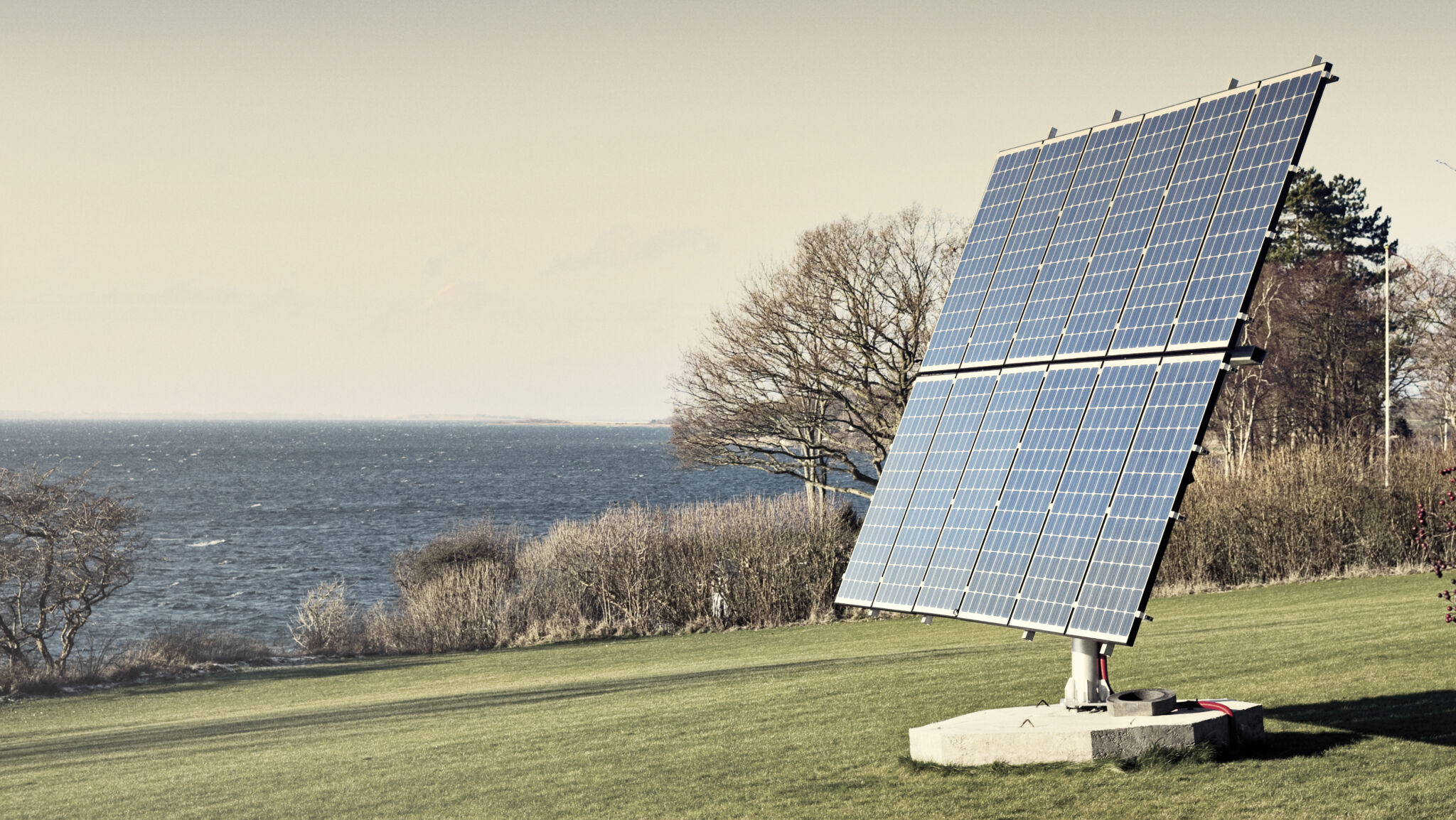
Companies must be sustainable in order to maintain competitiveness and relevance
Michael Zöllner emphasizes the importance of accelerating the green transition. The emission of greenhouse gases, loss of biodiversity, emission of dangerous particles, consumption of fresh water etc. – have simply reached an extent that makes it absolutely vital that we deliver a green transition on all those parameters. That process is not progressing fast enough. Still, he believes there’s reason to be optimistic because something important is happening in the business world.
“There’s another agenda at play, where companies are continuously required to define sustainability strategies in response to increasing customer demand. As a result, a lot of companies put more demands to their suppliers – otherwise they’re not able to deliver relevant products to their customers, who increasingly expect certain things from the products they buy. This is about being relevant and maintaining the competitiveness of the individual company, and the companies are aware of that. That’s why something’s happening.”
Companies that make brand new technologies and solutions are always exposed to risk and need to assess whether there’s a market opportunity. But there’s also a risk for more traditional companies if they don’t engage in the sustainability agenda. It could simply mean that their customers start shopping somewhere else.
“A new company can design its own value chain and product sustainably and green from the start. For a well-established company with an existing value chain, this transformation is somewhat more difficult. But that shouldn’t prevent the company from adjusting whatever levers are within their reach to take one or more steps in the right direction. And that’s the movement I see in many places. It’s a movement that actually makes me optimistic about whether we as a nation will reach our climate goals by 2030. I think our chances are good. Although it seems beyond reach right now with our existing instruments, I still see an underlying movement among a wide range of companies that are developing in the right direction,” says Michael Zöllner.
Lower prices make us change our behaviour
If we are to succeed in shifting the entire global economy in a more sustainable direction, it’s very much a matter of changing our behaviour. And despite all the talk about sustainability, it’s not the focal point for most people. Life offers countless other temptations and challenges that we have to deal with in our daily lives. But the change in behaviour will still be pushed along, says Michael Zöllner. Because one of the big drivers in green transformation is falling prices for green electricity and protein.
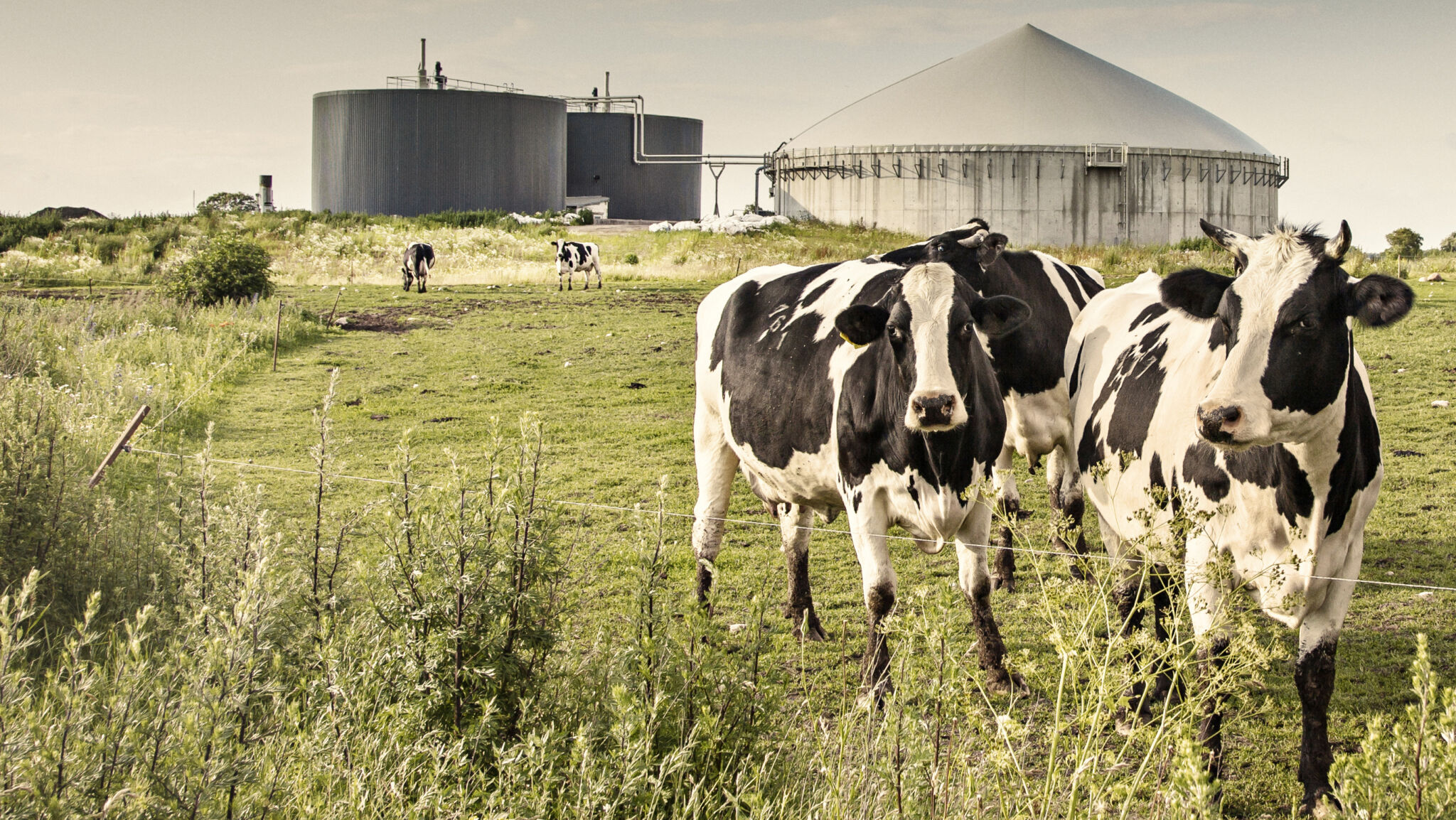
“Let me give you two examples. In 2010-2020, the production price of solar energy fell by 81 percent. It’s estimated that in 2020-2030 we’ll see a further price drop of 72 percent. The same goes for wind energy. In 2010-2020, the price fell by 46 percent and it’s expected to fall a further 43 percent by 2030. This is a development that means we can make competitive green alternatives for consumers – such as e-methanol for use in your car at a lower price per km than the fossil alternative. So, for you as a consumer, the choice is easy to make. You don’t necessarily have to be particularly interested in the climate or sustainable development – it’s just the right choice in economic terms too.”
Similar figures can be found in the production of lab-made protein. Here, too, prices are falling, so perhaps by 2030 we’ll be able to see see lab-grown protein compete on price with conventionally produced protein, such as milk protein.

“When we evaluate the projects behind loan applications, we try to look at where we get the ‘most green’ transition for our money.”
Overall, we’re seeing a disruption of our energy and food systems. But the exact timeline is difficult to predict – a common and unsurprising challenge in predicting technological disruptions. Take for instance the case of fusion energy. For several decades now, commercial use of fusion energy has always been 30 years away. And mapping the human genome did not immediately lead to the scientific breakthroughs that had been anticipated. The reality of genetics proved much more complex. Historically, however, we have been good at innovating when the need has been there. Michael Zöllner cites insulin as an example. Insulin was originally purified from pigs. But it required far too many pigs relative to the insulin needed. Therefore, a solution had to be developed in the lab.
“My point is that there are many interesting innovations underway. Combined with well-known technologies and not least a generally increasing focus on sustainability from companies and consumers, this means there is a movement going on. We are constantly taking many small steps, each of which is important. As it says on the stairmaster I use at the gym – One step at a time. Every step is not the answer to everything, but it is a step in the right direction,” says Michael Zöllner.

